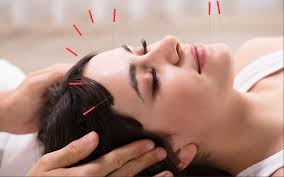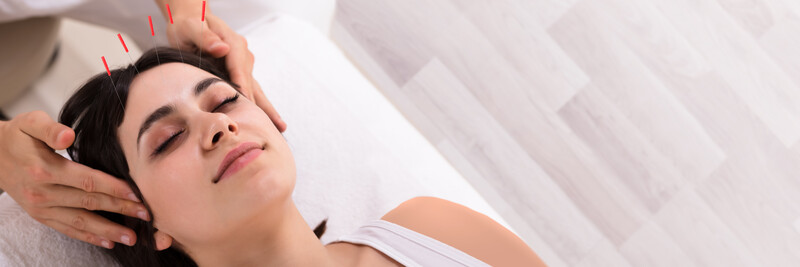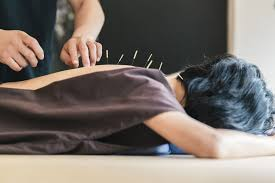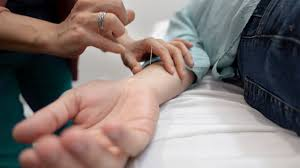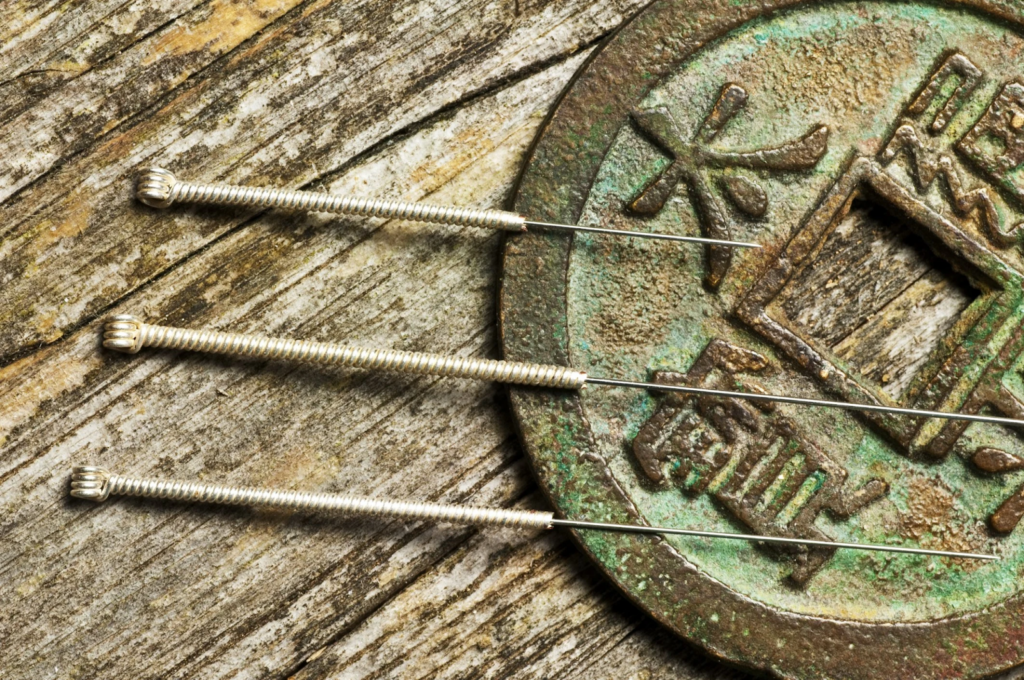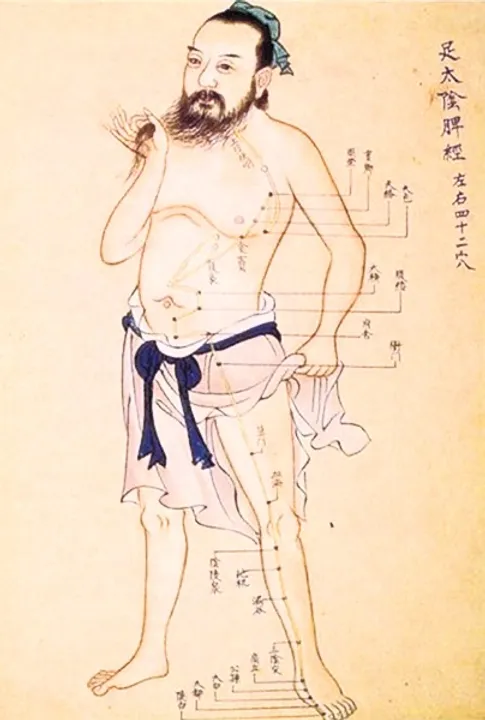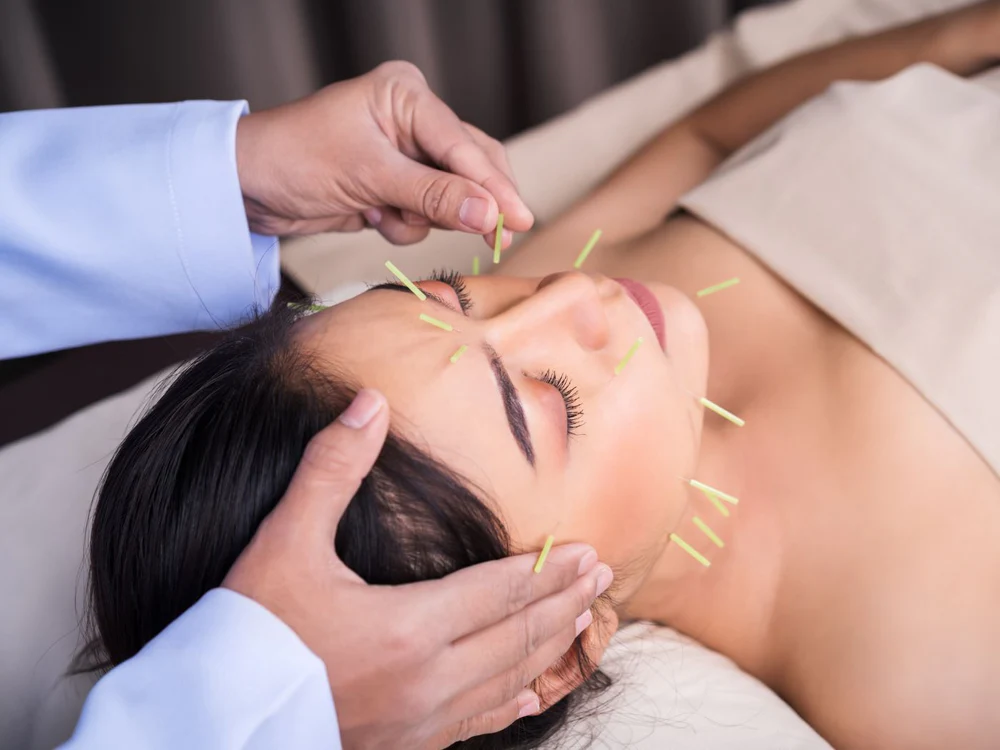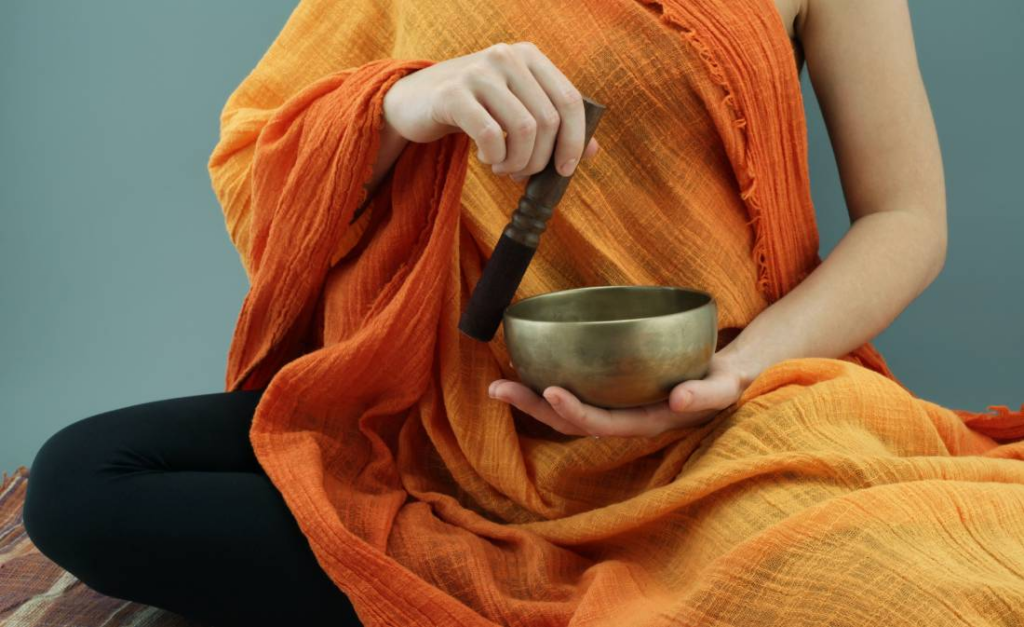Debunking Common Myths and Misunderstandings about Acupuncture
People often associate acupuncture with relief of pain, but it is not just that. Acupuncture is an ancient Chinese therapy that has been used for centuries to treat various ailments including mental health issues and digestive problems. This article will dispel some common misconceptions about acupuncture and shed light on the scope of its potential as a holistic treatment. Is Acupuncture Only for Pain Relief? No, Acupuncture is more than just a pain reliever; it can also assist in recovering digestive disorders, the nervous systems like mental diseases, respiration, and reproductive health. While it’s true that acupuncture primarily helps in alleviating pain, this method may be helpful in treating other health problems too. It normalizes digestion processes, reduces anxiety and depression, increases fertility, and improves breathing by controlling asthma. All this is made possible through the manipulation of certain body points which help to balance energy (Qi) thus enhancing general well-being hence serving as a versatile treatment option for multiple ailments. Do Acupuncture Needles Contain Any Medication? No, there is no medication in acupuncture needles. The treatment works by stimulating certain points in the body to restore the balance of energy (Qi) and facilitate recovery. Acupuncture needles are thin, sterile, and devoid of any medication. These needles are inserted into specific acupoints on the body to produce therapeutic effects. It does this by influencing the flow of energy within the body thereby improving blood circulation as well as releasing endorphins which are natural painkillers. The success rate of an acupuncture session largely depends on both practitioner’s competence level and how well a patient responds to it but not what they contain or don’t contain. Is Acupuncture Safe for Everyone? Generally speaking, acupuncture is safe when practiced by an expert. However, some people need medical advice before undergoing treatment, for example, those with bleeding disorders or pacemakers. While most individuals can safely receive acupuncture treatments from qualified practitioners without experiencing any adverse effects, there are few exceptions to this rule. In case you have been diagnosed with a bleeding disorder; if you are using blood thinners or have a pacemaker then it is important that seek your physician’s opinion first before starting off with these types of therapies. Also, expectant mothers should let their acupuncturist know about their condition because there might be some contraindicated points during the gestation period. It is low-risk therapy provided it’s done by licensed personnel but necessary precautions must always be observed. Can Acupuncture Cure Diseases? The practice of acupuncture cannot cure diseases, but it can help to control symptoms and improve quality of life by balancing the body’s vital energy and facilitating its natural healing process. Although not a remedy for sicknesses, acupuncture could effectively manage signs and symptoms thereby enhancing general well-being. It does so by restoring the equilibrium of energy within the body leading to self-curative abilities getting triggered more often than would happen if left unattended – this being one reason among many others as to why I believe in it personally! Is Acupuncture a Scientifically Proven Therapy? No doubt; Scientifically, Acupuncture is one of the most effective methods of pain management. It also helps with mental health and some chronic diseases although it is used as an adjunct therapy. Indeed, it may not be considered a cure on its own but according to various studies conducted scientifically, there are certain things about this treatment that we cannot ignore – mainly its efficiency in relieving different types of pains, improving mental well-being as well as dealing with specific long-term illnesses such as arthritis among others. Scientists believe that these successes come from reducing inflammation, balancing neurotransmitters, or even increasing blood flow thus making it a good match for many patients alongside traditional medicine. Can Acupuncture Be Done Wrong? Yes, if done by wrong or unqualified people, it can lead to ineffective treatment and even injury. The efficiency as well as safety of acupuncture mainly depends on the practitioner’s skills. When executed wrongly, this kind of treatment may fail to treat the patient or even cause infection and injuries. Therefore, ensure you are treated by a licensed acupuncturist who possesses adequate training and follows safety measures for your own good. Why Aren’t Doctors Recommending Acupuncture? There is limited scientific understanding about it among some doctors; they are unfamiliar with this practice because they have never come across such cases or heard anything concerning them; also there could be fears of how best to combine it with conventional treatments hence making them not recommend its use. While some medical professionals are starting to acknowledge acupuncture as an effective remedy, there are those who still do not recommend it for various reasons. For instance, lack of exposure or knowledge about this kind of treatment may make some doctors unaware that they can suggest it to their patients. Besides, worries about integration might discourage many healthcare providers from recommending acupuncture especially when dealing with chronic pain and mental health disorders which require comprehensive care plans based on different therapies supported by research evidence. How Can Acupuncture Go Wrong? If needles are not inserted correctly, are not sterilized, or if used in contraindicated points; infection, injury, and adverse reactions among other complications may arise. Though generally safe, there are risks associated with acupuncture when it is improperly done just like any other medical procedure. This includes but is not limited to; the wrong placement of needles resulting in injuries or the use of unsterilized ones which can cause infections. Moreover, if applied in contra-indicated areas like during pregnancy or in people with specific health conditions; this may lead to different forms of harm. Hence a need for qualified acupuncturists who should be selected carefully so as to minimize the chances of such occurrences. Conclusion: Exploring the Full Potential of Acupuncture Acupuncture has many benefits apart from relieving pain which makes it suitable for treatment across a wide range of health problems. Whether you want relief from mental disorders, digestive system diseases, or chronic illnesses; this traditional

